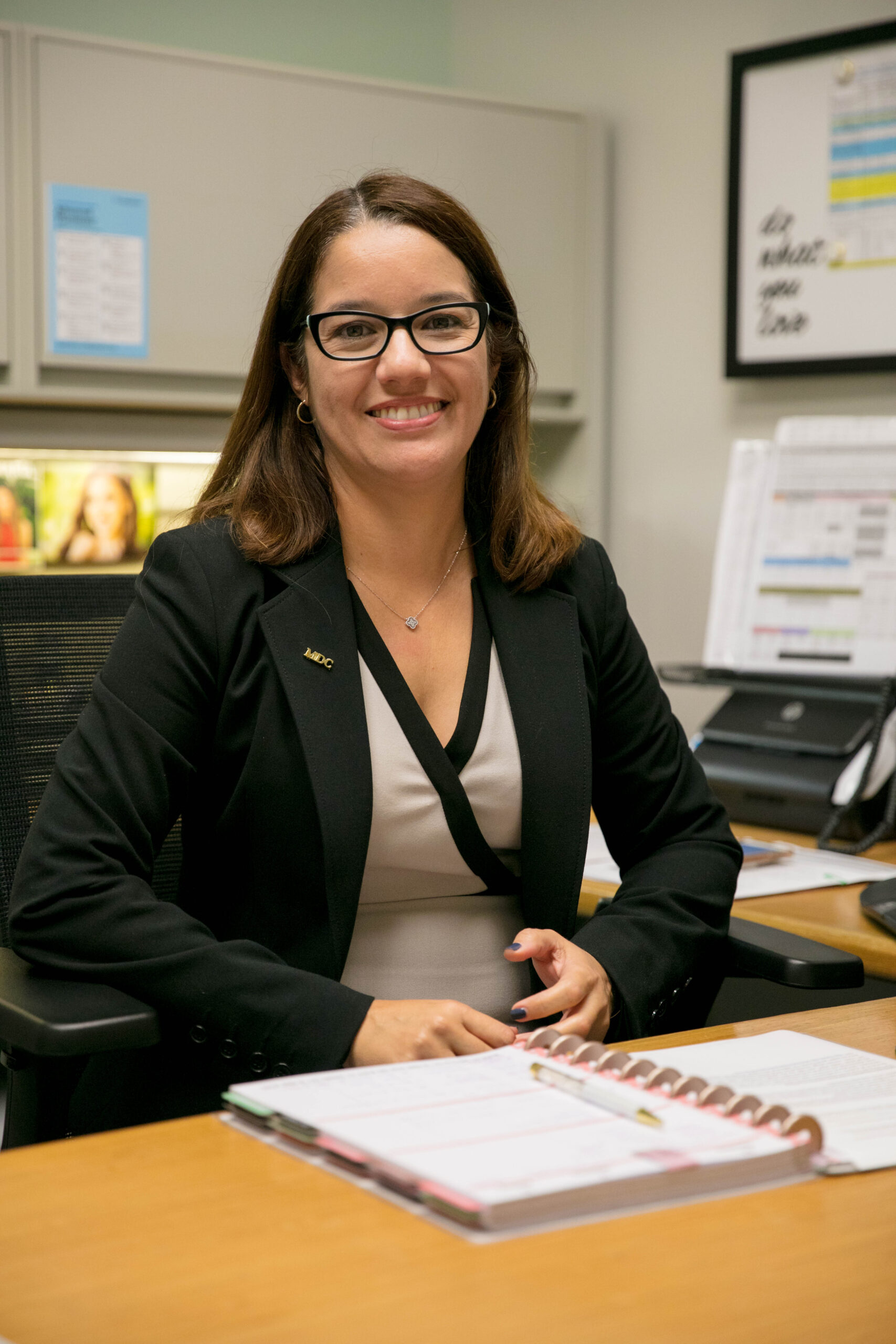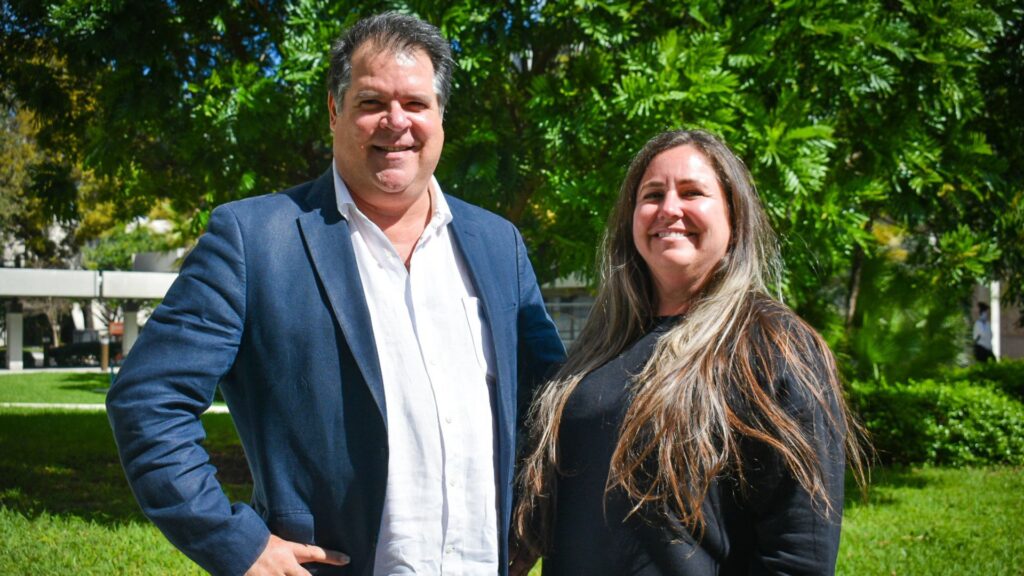REVEST Program Gets Unexpected Enrollment Surge
Iordan Cabrera fled Cuba two years ago in search of a better life.
After experiencing political persecution on the Caribbean Island, the 56-year-old left his job as a hotel chef and made the dangerous trek to the United States.
Cabrera entered the U.S. through the southern border in August of 2021 before moving to a friend’s house in Jacksonville.
That’s where he learned about Miami Dade College’s Refugee Entrant Vocational Educational Services Training program.
The initiative, which has sites at Kendall, West, and Wolfson campuses and an outreach center in the city of Hialeah, was created in 1999 to provide refugees, people seeking political asylum and human trafficking victims with educational support.
After moving to Miami a year ago, Cabrera enrolled in the program to learn English.
“I’m very grateful,” said Cabrera, who works as a hotel chef in Doral. “[It] is very good and helps a lot of the people that come here.”
Since the program was started nearly 25 years ago, more than 65,000 students have benefited from its free English language and vocational course offerings.

Its alumni include Marlen Gonzalez who serves as the director of Testing and Assessment at Wolfson Campus.
“This is a very crucial and popular program in our community,” said Eduardo Chavez, who has served as the REVEST program director since 2003. “Our mission is to help everyone resettle and enter the workforce as soon as possible.”
This academic year, REVEST’s enrollment has gotten a significant boost. Compared to last Fall, the student population has increased from 1,952 to 2,686 students—more than a 37 percent uptick.
The largest increase was reported in Hialeah, where enrollment surged by 315 additional students. Kendall saw an increase of 117 and Wolfson reported an additional 100 students.
West Campus, which is still registering students for the Spring B mini-term until March 6, is projected to have an increase of more than 200 students.
Officials believe the increase is connected to Miami’s spike in migrant arrivals from Haiti and Cuba in the past year.
More than 95% of the current cohort is enrolled in REVEST’s English to Speakers of Other Languages courses, which offer seven levels.
Enrollment in English courses requires applicants to meet certain immigration criteria, which include being granted legal status as a refugee, political asylum or a legal permanent residency.
Applicants must take the Comprehensive Adult Student Assessment System exam to be placed at an ESOL level. Students must retake the CASAS exam at the end of each ESOL course to determine if they can move to the next level.
Classes are offered in-person and virtually Monday through Thursday from 8 a.m. to 11 a.m. and from 6 p.m. to 9 p.m. Classes are also taught on Fridays from 9 a.m. to 9 p.m. and Saturdays from 9 a.m. to 4 p.m.
English lectures are three hours long and include reading assignments that translate literary classics like The Little Prince and Snow White. Classes also include group discussions in which students talk entirely in English.
“The professors have been very good,” said Elialys Fraga, who is taking an ESOL level four class and is enrolled at the Hialeah outreach center. “When I came from Cuba I knew little English compared to now.”
To make the 16-week English courses more engaging, REVEST instructor German Silva created songs relating to topics such as human emotions and the weather in an effort to expand students’ vocabulary and conversational skills.
The 58-year-old instructor also uses tongue twisters like “Peter Piper picked a peck of pickled peppers” and translates sayings from other cultures like “¿Qué bolá contigo?” to help students adapt to the language.
“Even when you are having fun you can learn,” said Silva, who has taught ESOL at the program for 23 years. “It’s important for somebody that’s a teacher to always try to learn something new.”
The remaining 5% of students in REVEST are enrolled in the program’s vocational courses. They cover areas such as business, technology, finance and health services and are offered through the College Credit and Career Technical Certificate programs and the School of Continuing Education & Professional Development.
REVEST is funded by the Office of Refugee Services at the Florida Department of Children & Families, which determines its yearly subsidy based on the number of refugee arrivals in the State.
Last year, REVEST received $4.5 million. They are expected to receive an increase to $7 million later this summer, Chavez said.
With the increase, the program hopes to hire more instructors and potentially expand to Homestead and North Campus.
“The program has elevated my English, which is something you need to be a professional here and succeed in the workforce,” said Natacha Matos, who is currently taking ESOL level four courses at the Hialeah outreach center. “REVEST has been marvelous.”
For more information about the REVEST program, visit their website at www.mdc.edu/revest/.
Click here to subscribe to our bi-weekly newsletter, The Hammerhead. For news tips, contact us at mdc.thereporter@gmail.com

